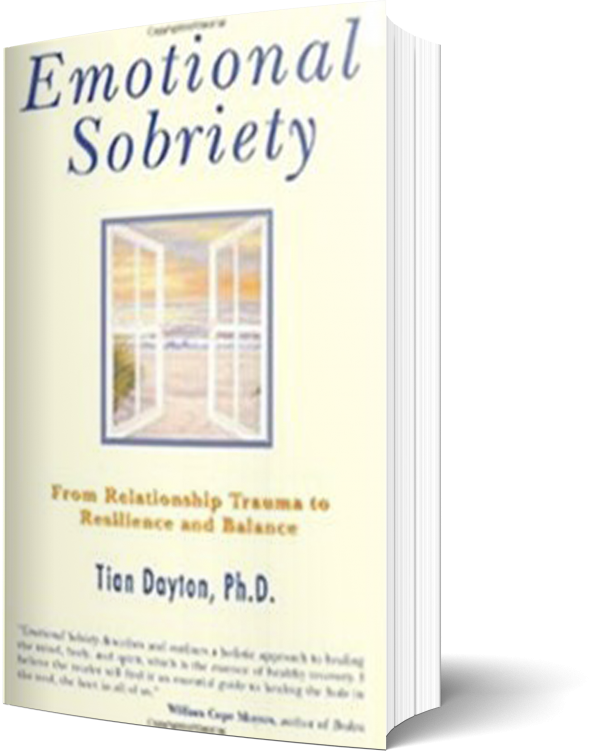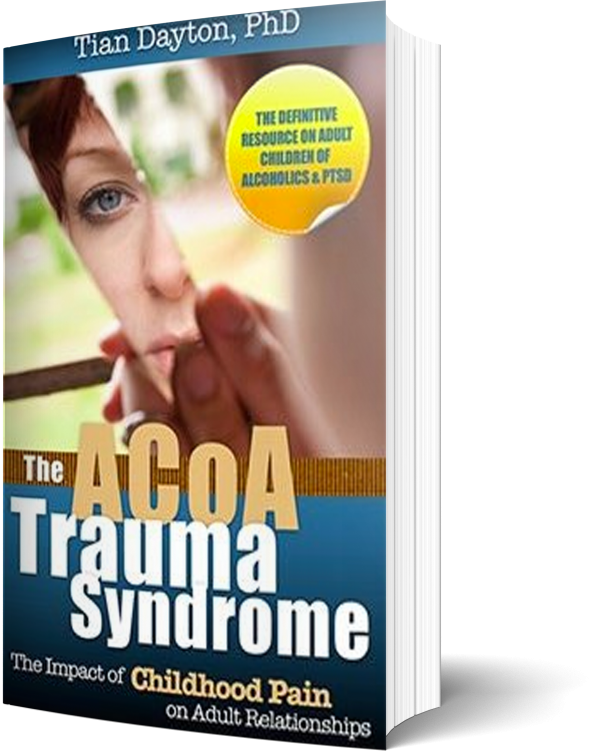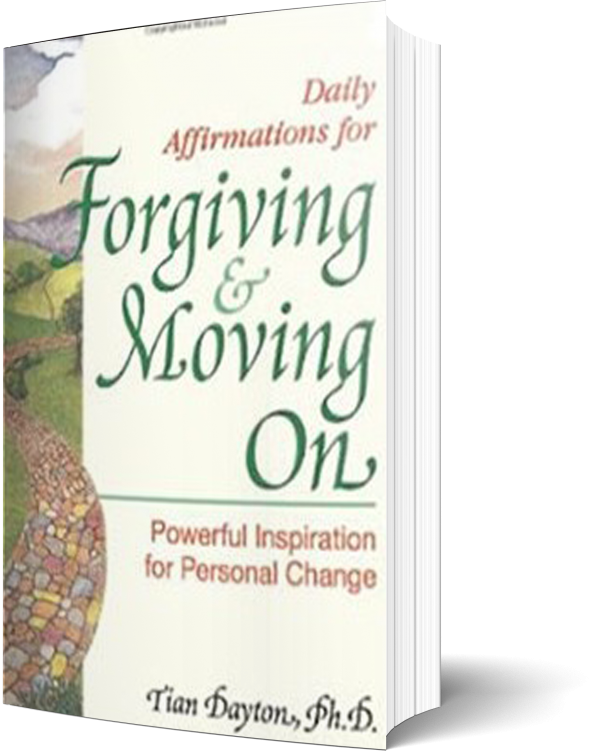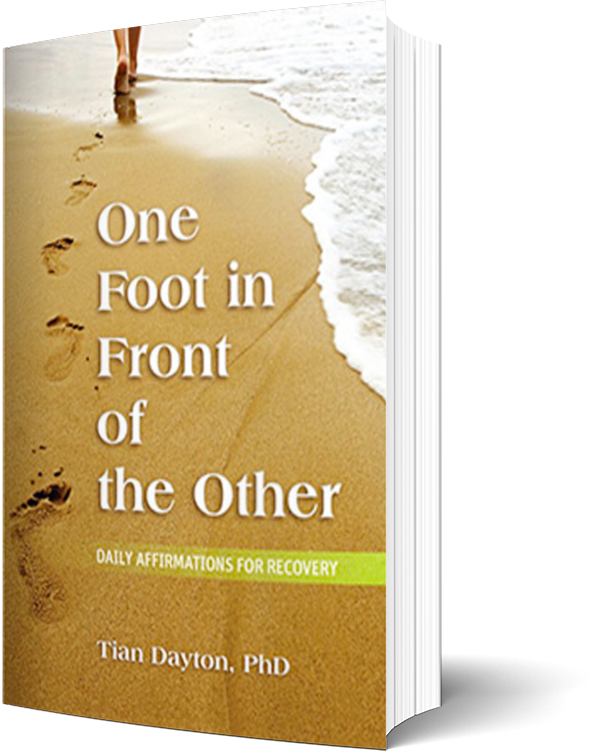Human beings aren’t the only ones who experience
stress. All vertebrates—fish, birds, and reptiles—respond to
stressful situations by secreting the same hormones that we
humans do, such as adrenaline and glucocorticoids, which
instantaneously increase the animal’s heart rate and energy
level. Our fear response, remember, is nature’s way of keeping
us safe. We all have it encoded into our DNA, whether fish or
fowl, human or animal. But fish and reptiles metabolism
doesn’t get derailed and deregulated the way it does in people
and other primates, like baboons for example. Baboons and people, it seems, are both intelligent enough to think our way into lots and lots of stress.
Dr.Robert Sapolsky of Stanford University found that “Primates are super smart and organized
just enough to devote their free time to being miserable
to each other and stressing each other out. . . . For example,having your worst rival taking a nap one hundred yards away
gets you agitated.” A professor of biological and neurological
sciences, Sapolsky has spent more than three decades studying
the physiological effects of stress on health. “If you’re a
gazelle, you don’t have a very complex emotional life, despite
being a social species,” he says. “But primates are just smart
enough that they can think their bodies into working differently.
It’s not until you get to primates that you get things that
look like depression. . . . If you get chronically, psychosocially
stressed, you’re going to compromise your health. So, essentially,
we’ve evolved to be smart enough to make ourselves
sick.”
Sapolsky’s team has found that baboons, especially “type
A” baboons, often have chronically elevated levels of stress
hormones that impact their health negatively. “Their reproductive
system doesn’t work as well, their wounds heal more
slowly and they have elevated blood pressure. . . . So they’re
not in great shape.” Interestingly, both low-ranking and type A
baboons are among the most susceptible to stress. But here’s an interesting finding, relationships and social connections can actually counter
this stress response. Baboons who need baboons, it turns out,
are the luckiest baboons in the world, just like people who
need people. Among baboons, social isolation may play an
even more important role than social rank as far as stress goes.
“Up until fifteen years ago, the most striking thing we found,”
says Sapolsky, “was that, if you’re a baboon, you don’t want to
be low-ranking, because your health is going to be lousy. But
what has become far clearer, and probably took a decade’s
worth of data, is the recognition that protection from stress related
disease is most powerfully grounded in social connectedness,
and that’s far more important than rank.”
That’s why when you’re feeling stressed out, calling a friend, gossiping with a co-worker or going out for a walk or lunch with someone you can make you feel so much calmer.And human beings can even take stress reduction to another level, we can do something that animals
aren’t equipped to even conceive of. We can think creatively.
We can imagine ways of seeing a situation, for example, of
reframing and understanding it that can turn what could be a stressor into something that we don’t worry about or that we
can manage differently. We can reflect and come up with
imaginative and novel solutions.
Human beings can, in short, conceive of and create change;
we can use our minds to reframe, to see things in a better light.
“We are capable of social supports that no other primate
can even dream of,” says Sapolsky.
For example, I might say, “This job, where I’m a
lowly mailroom clerk, really doesn’t matter. What really
matters is that I’m the captain of my softball team or
deacon of my church”—that sort of thing. It’s not just
somebody sitting here, grooming you with their own
hands [as in the primate world]. We can actually feel
comfort from the discovery that somebody on the
other side of the planet is going through the same
experience we are and feel, I’m not alone. We can even
take comfort reading about a fictional character, and
there’s no primate out there that can feel better in life
just by listening to Beethoven. So the range of supports
that we’re capable of is extraordinary. We can use our creative imaginations to get all tied up in knots or to do just the opposite, to enjoy and relax into the life we’re living.
tiandayton.com





